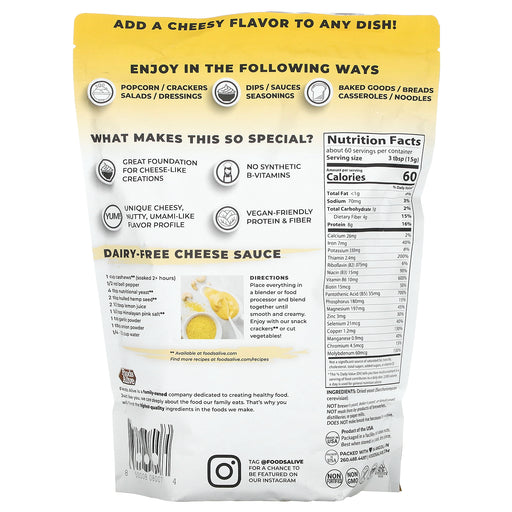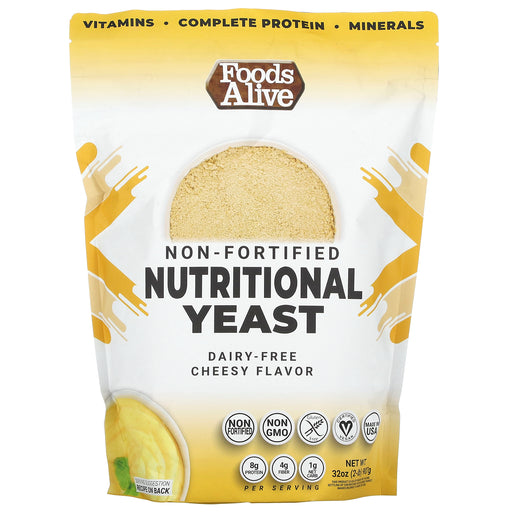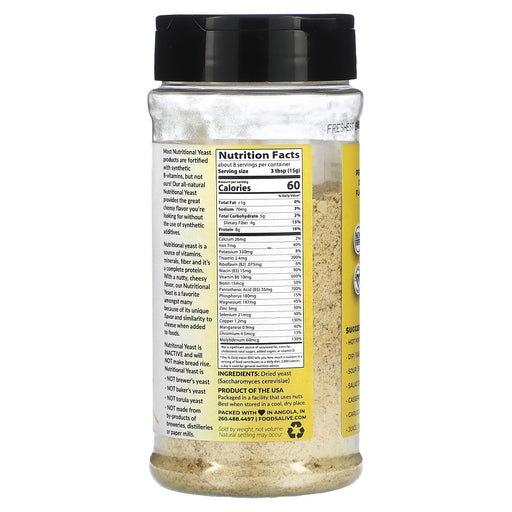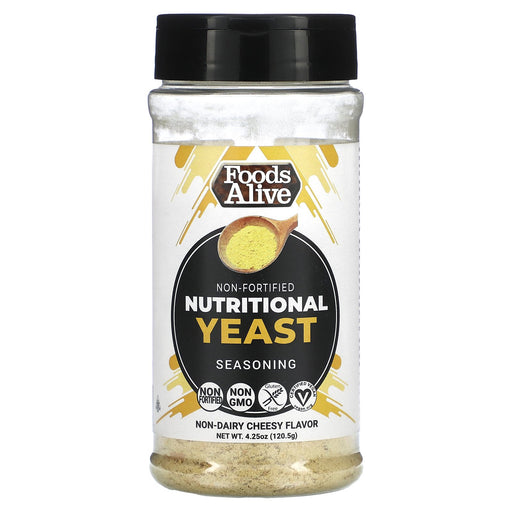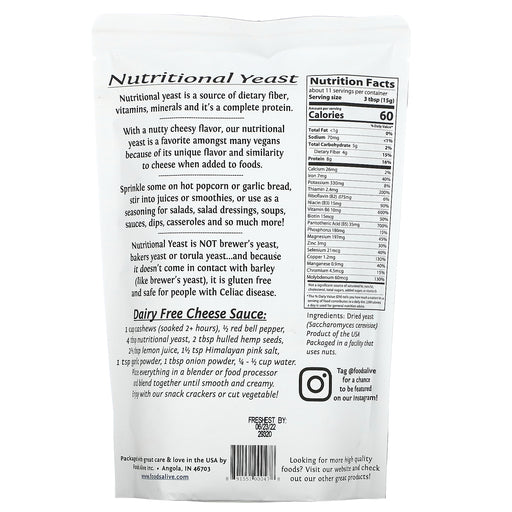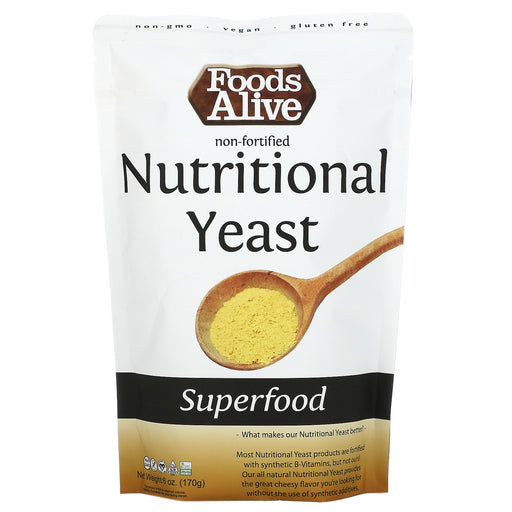
Unleashing the Flavor and Health Benefits of Herbs and Spices
Herbs and spices have been celebrated for centuries, not only for their ability to transform ordinary dishes into culinary masterpieces but also for their impressive array of health benefits. These flavorful and aromatic ingredients offer a natural and delicious way to support overall well-being, making them a valuable addition to any health-conscious kitchen.
The Dual Power of Herbs and Spices
Herbs and spices are more than just flavor enhancers; they are also potent sources of essential nutrients, antioxidants, and bioactive compounds that can support various aspects of health. From boosting immunity and reducing inflammation to promoting digestive health and supporting brain function, the benefits of incorporating herbs and spices into your daily diet are far-reaching.
Culinary herbs like basil, oregano, and thyme not only add depth and complexity to dishes but also offer antimicrobial and anti-inflammatory properties. Spices such as turmeric, ginger, and cinnamon are renowned for their potent antioxidant content and their ability to support healthy inflammation response, digestion, and blood sugar balance.
By incorporating a diverse range of herbs and spices into your meals, you can enjoy a flavorful and health-promoting diet that satisfies both your taste buds and your body's nutritional needs.
Benefits of Incorporating Herbs and Spices into Your Diet
Regular consumption of herbs and spices can offer numerous potential health benefits, including:
- Enhanced Nutritional Value: Herbs and spices are packed with essential vitamins, minerals, and phytonutrients that can help fill nutritional gaps and support overall health and well-being.
- Antioxidant Protection: Many herbs and spices are rich in antioxidants, which help protect cells from damage caused by harmful free radicals, supporting healthy aging and reducing the risk of chronic diseases.
- Digestive Support: Certain herbs and spices, such as ginger, fennel, and peppermint, have been traditionally used to support healthy digestion, reduce bloating, and soothe digestive discomfort.
- Immune System Support: Herbs and spices like garlic, oregano, and thyme contain compounds that can help stimulate the immune system, enhancing the body's natural defenses against pathogens and illness.
- Heart Health: Some herbs and spices, such as cayenne pepper and garlic, have been shown to support cardiovascular health by promoting healthy blood circulation, blood pressure, and cholesterol levels.
Choosing High-Quality Herbs and Spices
To maximize the health benefits and flavor potential of herbs and spices, it's essential to choose high-quality products. Look for:
- Freshness: Opt for herbs and spices that are fresh, vibrant in color, and aromatic. Avoid products that appear dull, faded, or have lost their distinct scent, as this may indicate a loss of potency and flavor.
- Organic and Non-Irradiated: Choose organic herbs and spices whenever possible to minimize exposure to pesticides and other harmful chemicals. Additionally, select non-irradiated products, as the irradiation process can diminish the nutritional value and flavor of herbs and spices.
- Proper Storage: To maintain the freshness and potency of your herbs and spices, store them in airtight containers away from direct sunlight, heat, and moisture. Whole spices tend to retain their flavor and aroma longer than ground varieties, so consider grinding them as needed for optimal results.
Experience the Flavor and Health Benefits of Herbs and Spices
At Health Orchard, we are passionate about empowering our customers to embrace the incredible flavor and health benefits of herbs and spices. Our carefully sourced selection features high-quality, organic, and non-irradiated herbs and spices from trusted brands, ensuring that you can enjoy the best possible taste and nutritional value.
Whether you're a culinary enthusiast looking to elevate your dishes or a health-conscious individual seeking natural ways to support your well-being, our diverse range of herbs and spices has something to offer. From classic favorites like basil and cinnamon to more exotic options like sumac and cardamom, you'll find the perfect ingredients to inspire your culinary creations and nourish your body.
Witness the transformative power of herbs and spices and unleash a world of flavor and health benefits in your kitchen. Browse our collection today and embark on a delicious journey towards greater vitality and well-being.
Frequently Asked Questions about Herbs & Spices
1. What are herbs and spices?
Herbs and spices are plants or parts of plants that are used to add flavor, aroma, and nutritional value to food. Herbs typically come from the leafy green parts of plants, while spices come from other parts, such as the roots, bark, seeds, or fruit.
2. What are the benefits of herbs and spices?
Herbs and spices offer numerous health benefits, including:
- Antioxidant properties that help protect cells from damage
- Anti-inflammatory effects that may reduce the risk of chronic diseases
- Digestive support by stimulating the production of digestive enzymes
- Immune system support through their antimicrobial and immune-boosting properties
- Potential cancer-fighting properties due to their high concentration of beneficial compounds
3. What are the most nutritious herbs and spices?
Some of the most nutritious herbs and spices include:
- Turmeric: Contains curcumin, a powerful anti-inflammatory compound
- Ginger: Helps relieve nausea, reduce inflammation, and support digestion
- Garlic: Contains allicin, which has antibacterial and immune-boosting properties
- Cinnamon: Helps regulate blood sugar levels and has anti-inflammatory effects
- Rosemary: Rich in antioxidants and may improve brain function and memory
4. Do herbs and spices have vitamins?
Yes, many herbs and spices contain vitamins and minerals that contribute to their health benefits. For example:
- Parsley is rich in vitamin K, which supports bone health and blood clotting
- Thyme contains vitamin C, which boosts immune function and aids in collagen production
- Basil is a good source of vitamin A, which is essential for eye health and immune function
- Cumin contains iron, which is crucial for red blood cell production and oxygen transport
5. What are the side effects of herbs and spices?
While herbs and spices are generally safe when consumed in moderate amounts, some may cause side effects or interact with medications. Potential side effects include:
- Digestive discomfort, such as heartburn or upset stomach
- Allergic reactions, particularly in individuals with sensitivities or allergies to specific plants
- Interference with blood clotting, especially when taken in large doses or combined with blood-thinning medications
- Interactions with certain medications, such as those used to treat diabetes or high blood pressure


